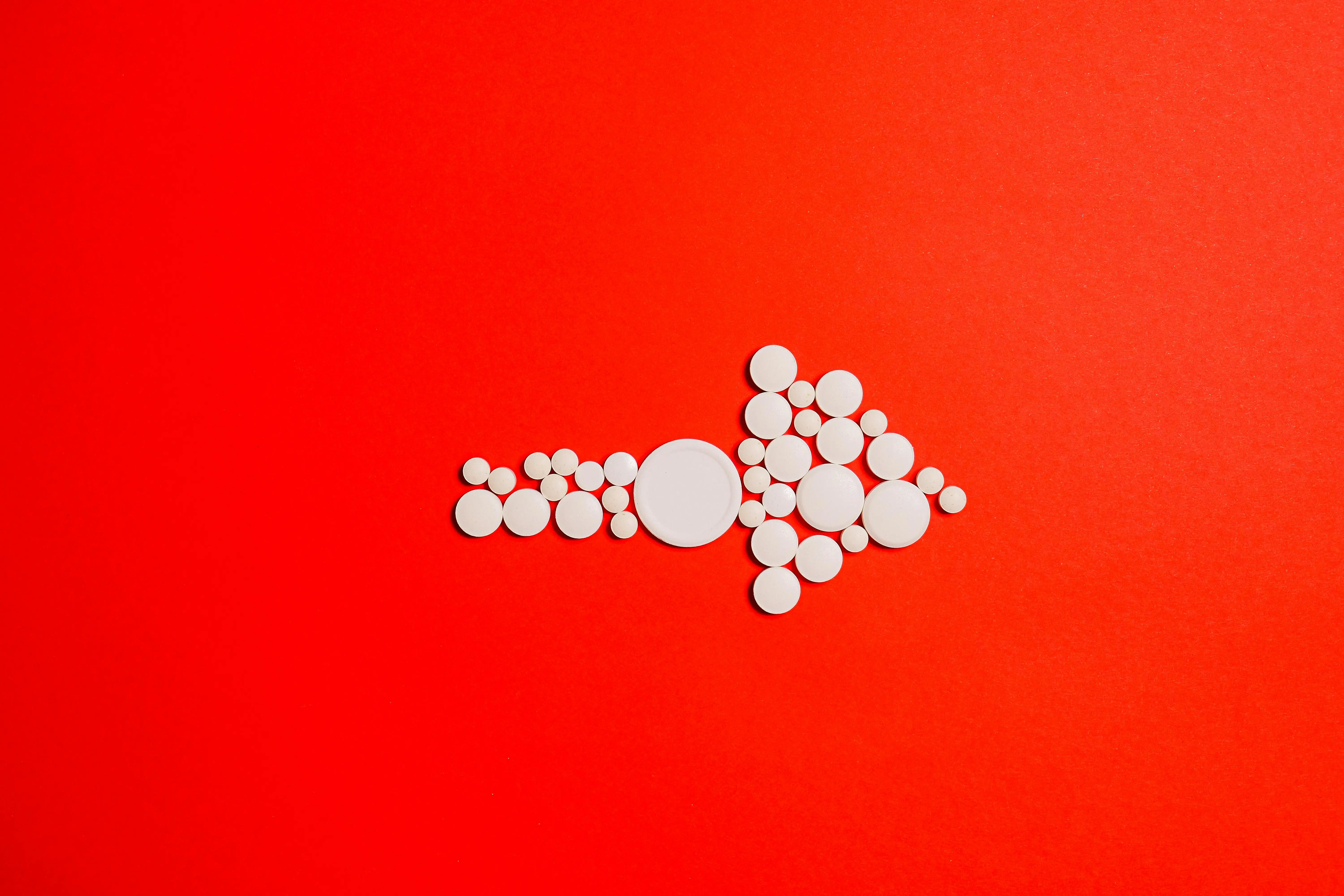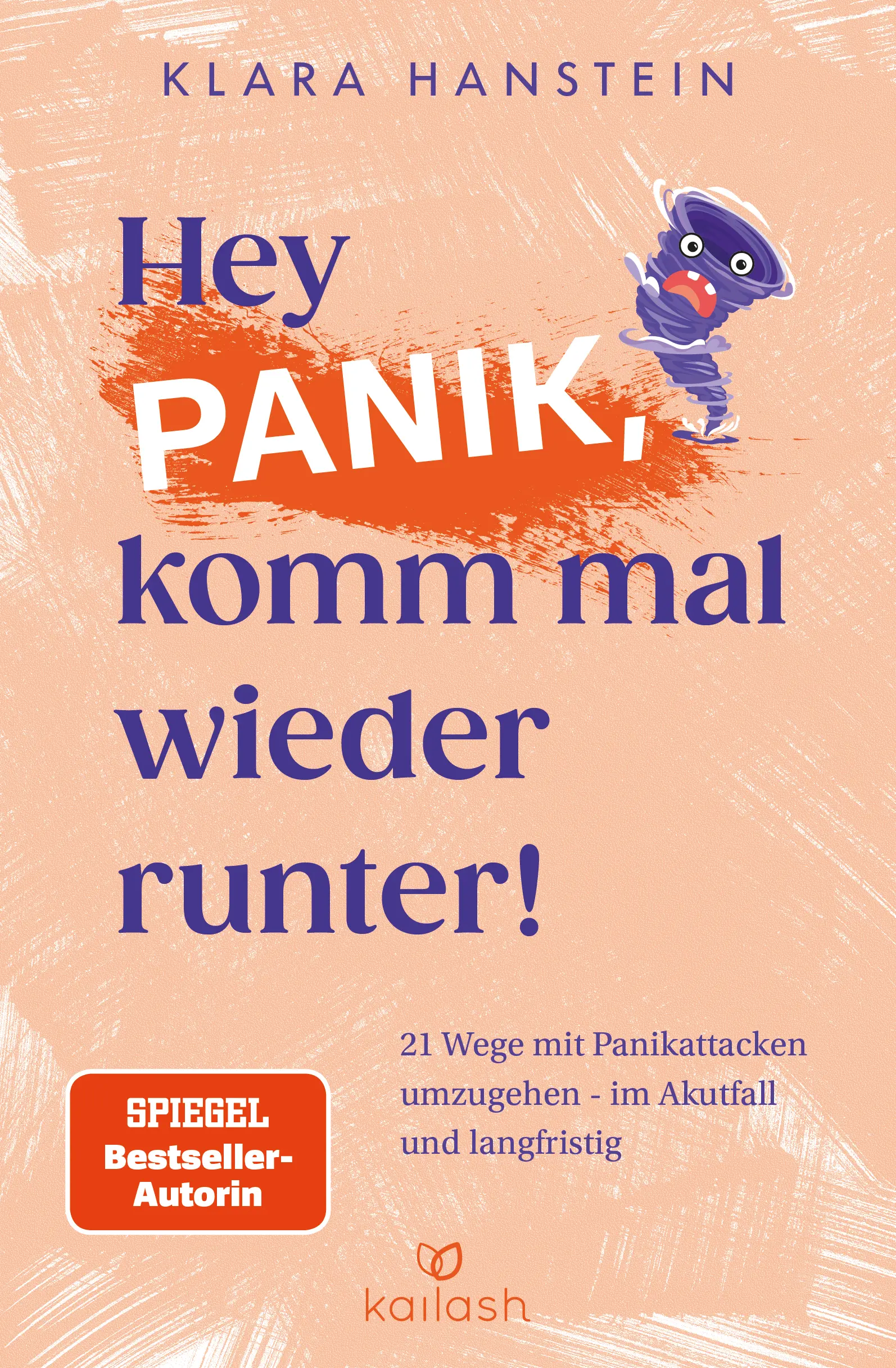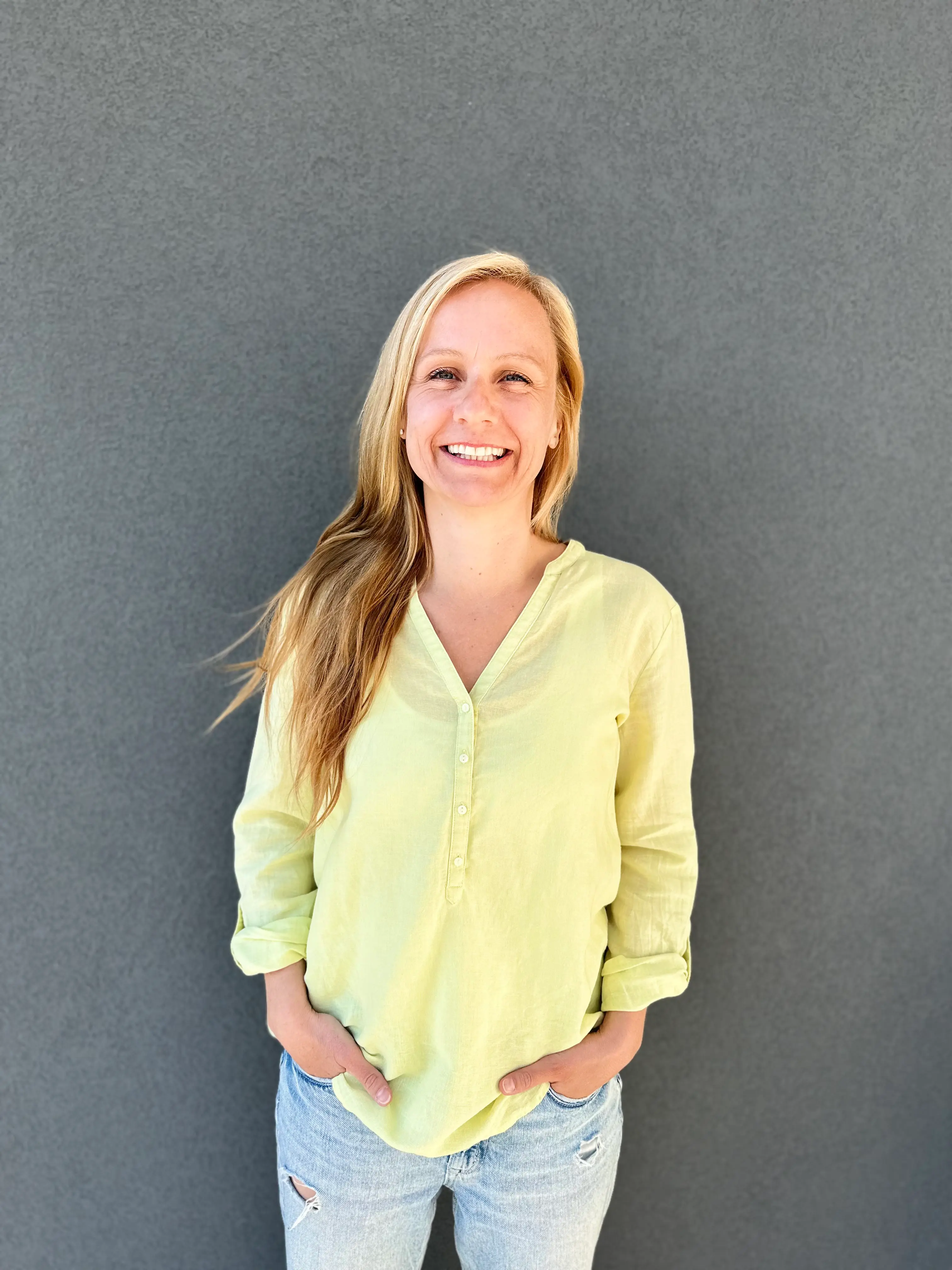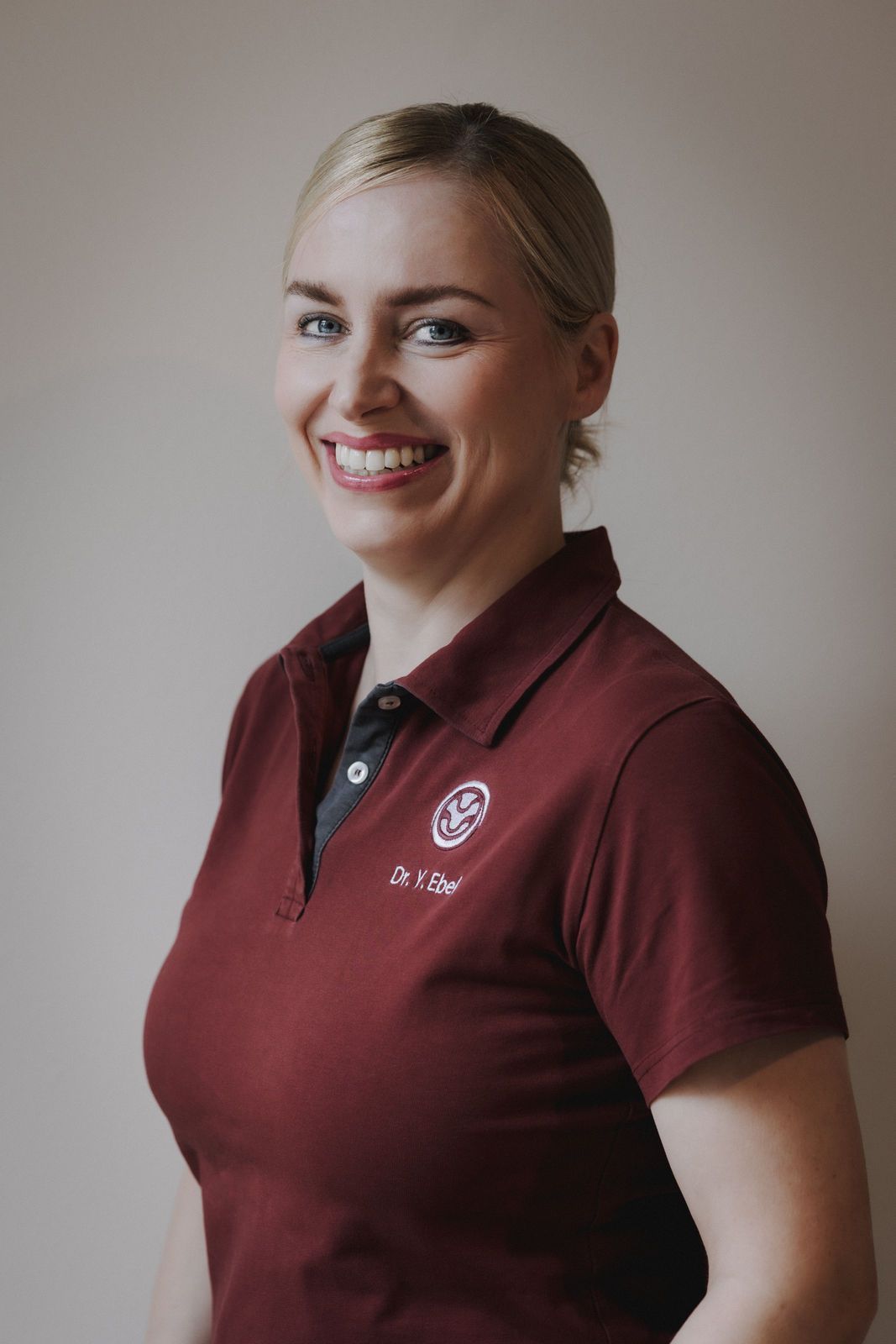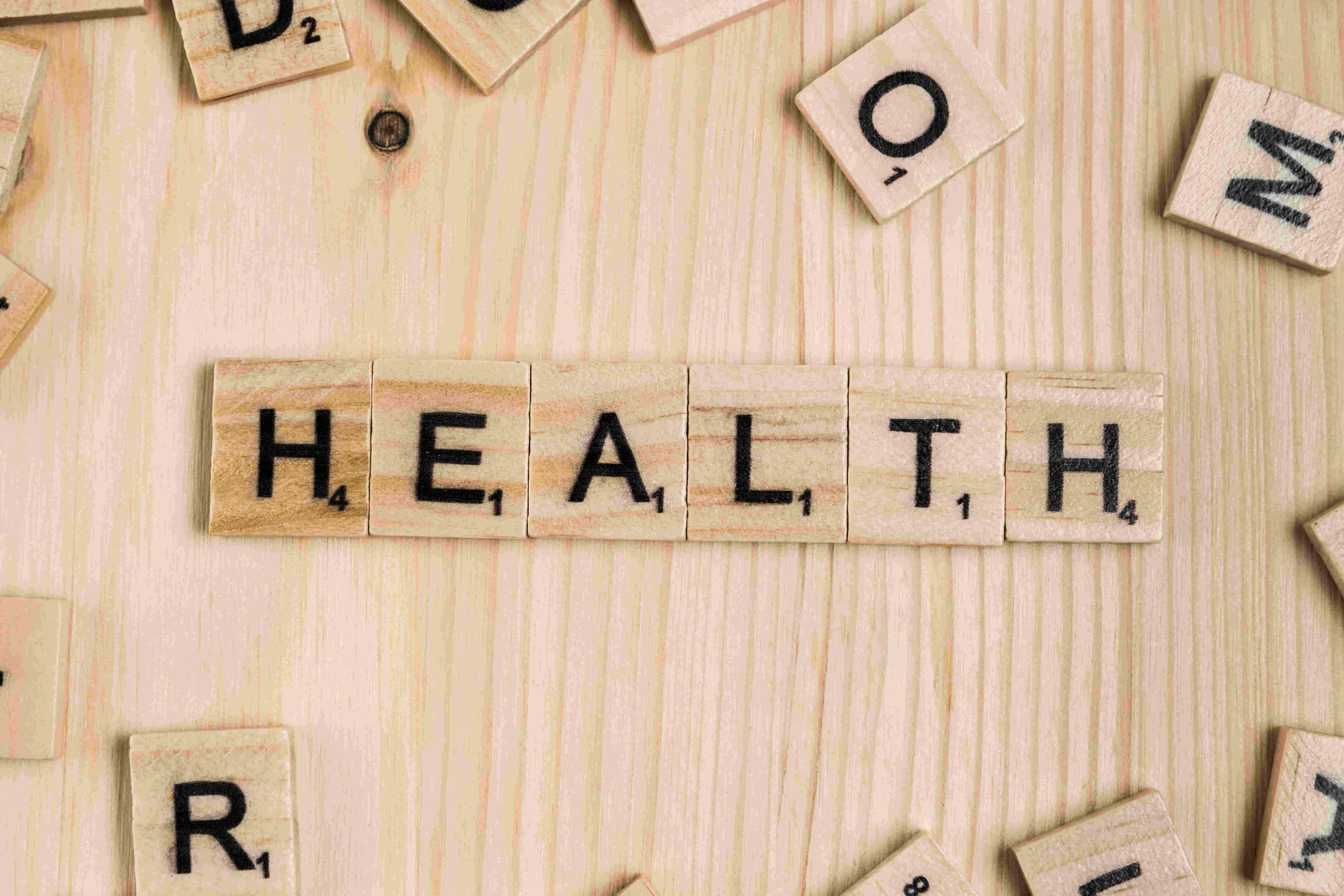What exactly is a panic attack?
A panic attack is a sudden, very intense state of fear, usually without any real external danger. It often occurs without warning and is accompanied by strong physical symptoms: rapid heartbeat, shortness of breath, dizziness, trembling, tightness.
Many affected individuals think at that moment: "I'm dying" or "I'm losing control" even though the panic is physically harmless.
What happens in the body during a panic attack?
The body switches to emergency mode: adrenaline is released, the heart beats faster, breathing becomes shallower, muscles tense up, digestion and cognitive abilities are reduced.
In short: the body prepares for fight or flight even though there is no real threat. I like to refer to it as a "misfire of the nervous system."
And what about the brain?
In the brain, the amygdala, our "fear center," becomes active. It sounds the alarm, often even at small stimuli. At the same time, the prefrontal cortex, the part responsible for logical thinking, is inhibited. That's why people affected by a panic attack often can't stay rational or calm themselves.
Klara Hanstein's new book: Hey Panic, Calm Down!: 21 Ways to Deal with Panic Attacks - In Acute Cases and Long-Term. Kailash Publishing
How can we learn to calm our nervous system down again?
Since, as mentioned above, rational thinking in such an exceptional situation is not so easy, we can first work on our body: Breathing exercises directly affect the nervous system, body relaxation exercises help us out of rigidity and tension. Everything that does us good also helps our nervous system. This can also be walks in nature or time with loved ones. It takes small, regular steps. A nervous system that has been out of whack for a long time cannot be regulated in a day, it takes many repetitions.


